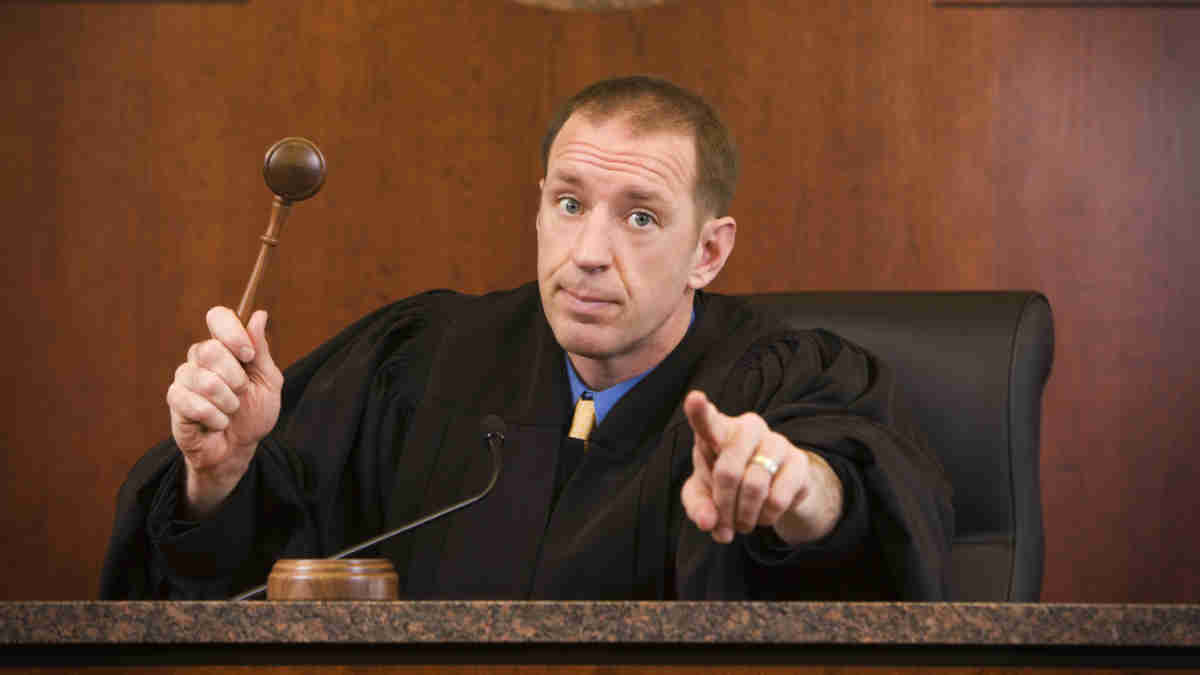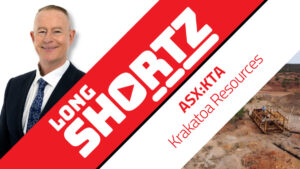Vanguard was found guilty in Federal Court of greenwashing
How greenwashing manifests itself, and what investors can do to avoid it
Stockhead reaches out to BDO Australia for some expert comments
In late March, giant fund manager Vanguard was found guilty in court of misleading investors about its $1 billion ethical fund – in a case brought by competition watchdog, ASIC.
ASIC alleged that Vanguard had not screened all securities in its Ethically Conscious Global Aggregate Bond Index Fund (ASX:VEFI) against ESG criteria, as it had claimed in marketing materials.
Federal Court Justice Michael Hugh O’Bryan agreed with ASIC, saying in his judgement that:
“Vanguard, in trade or commerce, engaged in conduct in relation to financial services that was liable to mislead the public as to the nature, characteristics and the suitability for the purpose of those financial services, and thereby contravened the Australian Securities and Commission Act.”
The guilty verdict was expected, particularly given that Vanguard had actually self-identified and self-reported the breach to ASIC in 2022.
In that report to ASIC, Vanguard said:
“At the time, the description of the exclusionary screens did not provide a sufficiently detailed explanation that certain debt issuers lacking research coverage were still included in the benchmark.
“As a result, it is possible the portfolio held exposure to certain securities that may not have been reasonably expected by investors.”
Greenwashing tactics
The verdict highlights the continuing problem of systemic greenwashing, which experts say is presenting a significant obstacle to tackling climate change.
“By misleading the public to believe that a company or other entity is doing more to protect the environment than it is, greenwashing promotes false solutions to the climate crisis that distract from and delay concrete and credible action,” said a recent statement from the United Nations.
Greenwashing can manifest itself in several ways – some more obvious than others.
Tactics that have been employed include:
* Claiming to be on track to reduce a company’s polluting emissions to net zero, when no credible plan is actually in place.
* Being deliberately vague about a company’s operations or materials used.
* Applying intentionally misleading labels such as “green” or “eco-friendly,” which do not have standard definitions and can be easily misinterpreted.
* Emphasising a single environmental attribute while ignoring other impacts.
* Claiming to avoid illegal or non-standard practices that are irrelevant to a product
* Communicating the sustainability attributes of a product in isolation of brand activities (and vice versa)
“Greenwashing is a sin that hurts our planet, and ultimately, our profits,” said the founder of marketing and environmental consultancy TerraChoice, Scott McDougall.
“We must face the reality that our businesses must fundamentally change to embrace sustainability. It’s not just about marketing; it’s about our moral obligation to the planet and future generations.”
How can we avoid greenwashing?
According to BDO Australia’s National Leader for Sustainability and IFRS & Corporate Reporting, Aletta Boshoff, customers and investors make decisions based on the information companies share about their products.
“When organisations make claims that are false, or even unintentionally misleading, people and entities might make purchasing decisions they may not otherwise have made.
“This can have various impacts, from financial to environmental, reputational, and – ultimately – trust,” Boshoff said.
Australian regulators are beginning to clamp down hard on these violations.
Across 2022 and 2023, regulators and governing bodies – including the Australian Competition and Consumer Commission (ACCC), Australian Prudential Regulation Authority (APRA), the ASX, Australian Securities & Investments Commission (ASIC), and Clean Energy Regulator (CER) – have stepped up their focus on greenwashing.
In March 2023 for example, the ACCC shared its initial findings from an investigation into greenwashing, conducted via an ‘internet sweep’. The sweep reviewed the websites of 247 organisations, finding that some 57% made ‘concerning’ environmental claims.
Boshoff advised that when consumers or investors are looking at marketing materials related to the environmental performance or impacts of a product, they should consider three things:
* Is the statement accurate? Can it be verified?
* If the statement relates to future goals – is there a plan to achieve this?
* Could the statement be considered vague, misleading, an exaggeration, or an overstatement?
Staying clear from making misleading ESG claims
Stockhead reached out to BDO, asking the company how organisations and its clients can stay clear from making misleading ESG claims or statements.
BDO has replied with the following 7 key points:
1. Establish governance around sustainability/ESG risks (including all statements and reporting) and opportunities at your organisation.
2. Establish clear oversight responsibilities for the Board and/or a committee of the Board.
“Currently at most of our clients, the Audit & Risk Committee are responsible for oversight over sustainability risks and opportunities, mainly driven by imminent mandatory sustainability reporting in the annual report in Australia,” said BDO.
3. Establish and define management’s role in assessing and managing sustainability-related risks and opportunities. This is often the CEO and/or CFO.
“The role of the CFO is no longer just focussed on financial reporting, but also adding value around sustainability and broader strategy,” BDO said.
4. Establish internal controls including systems, policies and processes that ensure the reliability of data and reporting/disclosures.
5. Organisations will need to establish a process to involve various internal stakeholders to perform cross-functional reviews (for example, legal, executive management, investor relations, the Board or committee that oversee ESG on behalf of Board, CFO).
6. It’s important to benchmark against the disclosures of competitors to see how you compare, as well as align with commonly used sustainability standards and disclosure requirements, including those that are industry-specific.
7. KEY MESSAGE: Whoever is responsible for the financial report should also be responsible for sustainability reporting/statements/disclosures. Why?
“Usually this person (CFO) and Committee (Audit & Risk Committee) are already well versed in the scrutiny over these types of reports, the credibility required, the internal controls (systems, policies and processes) that needs to be established, management of underlying data to ensure completeness and accuracy, and engaging with auditors to obtain assurance (reasonable or limited),” said BDO.
The post The Ethical Investor: Vanguard’s guilty verdict exposes greenwashing risk for investors appeared first on Stockhead.






















